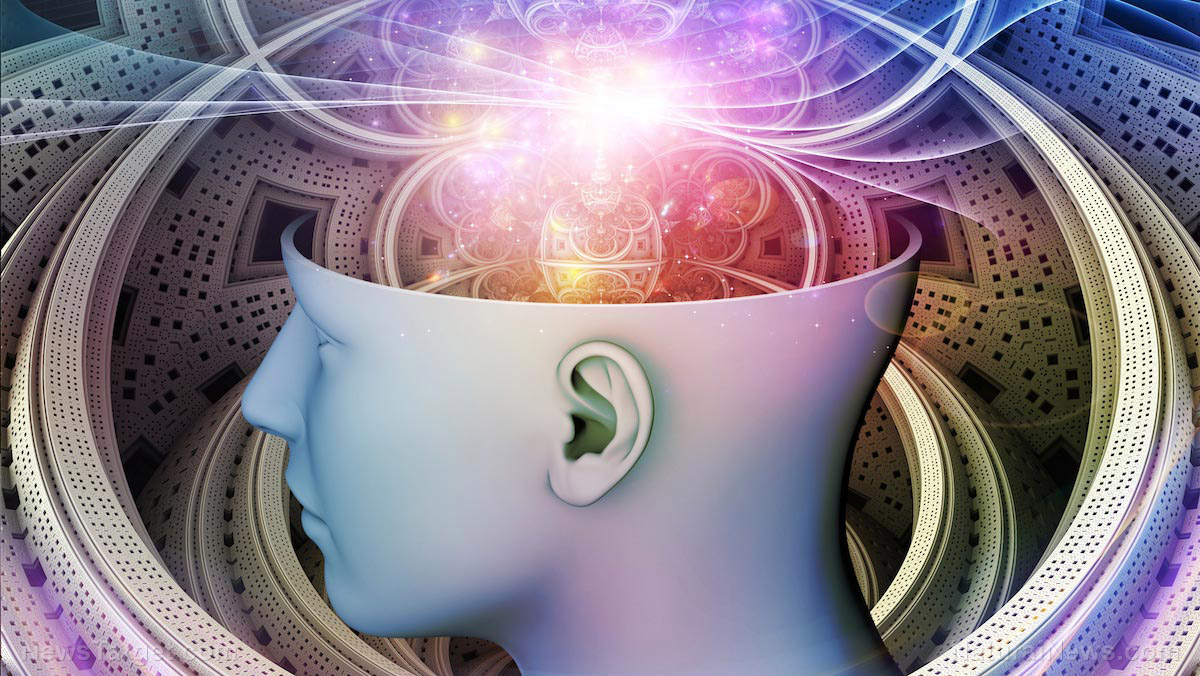
In an article on the Daily Mail, Dr. Eben Alexander provides his own take on this phenomenon, as he also experienced a close encounter with death. Recounting the experience, the American neurosurgeon said that his own near-death experience started with a severe headache that was enough to wake him up. The pain was enough to spread to other areas of his body, particularly the back, and put him in a state of extreme agony. He was taken to the hospital where he worked, and there the physicians discovered that Dr. Alexander contracted meningitis. Soon after, the bacteria affected other parts of his brain, and he shut down after the condition affected his thought process and emotion.
He clearly remembers what happened after he was placed on a ventilator: A light came down from above and showered him with "marvelous filaments of living silver and golden effulgence." This light was a circular entity, which produced "heavenly music" which he described as the Spinning Melody. The light then opened up, and Dr. Alexander recalled going through the opening that was created. He was transported up into a valley that he described to be "full of lush and fertile greenery, where waterfalls flowed into crystal pools." According to his account, there were puffy pink and white clouds in the valley which resembled marshmallows. The sky behind it was described to be a rich blue, and the valleys contained trees, animals, and people.
Dr. Alexander opines an explanation for this scenario: "Believe in it all, at least for now." The memories that he experienced during his near-death encounter were so vivid; however, the evidence to prove this is next to none. A better approach to all of this, he explains, is to suspend disbelief and open your mind to the broadest possibility.
This experience has brought him bizarre phenomena that are difficult to explain through science; people around him have noticed an awakened energy surrounding him. This affected him in little things, such as his laptop breaking down as a possible result of the energy, to extreme cases, such as trees falling down beside his house.
In order to keep this energy in check, Dr. Alexander discovered "contemplative neuroscience" or the concept where science, mysticism, and religion can teach us about the mind. It was here that he discovered mindfulness, the constant awareness of the breath and body to divert the mind from thinking distressing thoughts.
Practicing mindfulness
In the article, Dr. Alexander enumerates various geniuses who practice mindfulness, stating that they have understood what it stands for and have achieved it in their daily lives. This was called hypnagogia, a level of awareness through free-form daydreaming.
For the normal person, achieving mindfulness may look like a pipe dream, mainly because people perceive it to be a time-consuming task. This robs them of multiple benefits, such as curbing depression, increasing creativity, and improving cognition.
Here are some mindfulness exercises that you can practice as you go on your day.
- Integrate mindfulness into a daily 10-minute walk.
- When you take the first bite of your meal, focus your attention on the taste of the meal and how your body reacts to it.
- Turn away from your electronic devices and put your focus on that moment to notice the sensations in your mind.
- Practice mindful listening to hearing music without any bias; just allow the music to flow over you.
- Let your senses feed on a chore that you usually do without thinking (such as brushing your teeth).
- Take one breath anytime during the day, and focus on it.
Sources include:
Please contact us for more information.























